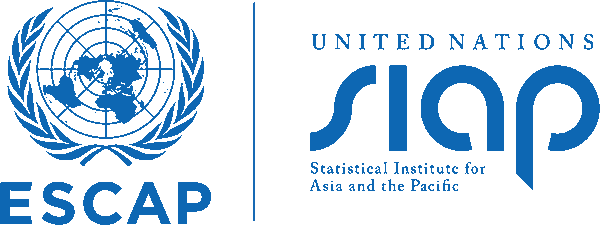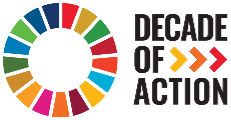
National statistical systems are increasingly using administrative data to compile official statistics. Such data can be utilized to better meet the increasing demands for new statistics and indicators that are highly disaggregated. Administrative data is not collected for the primary purpose of compiling official statistics, and statisticians need to ensure that the data meets certain criteria before using it to produce official statistics.
